We all have days when we don’t like the way we look, and we all have bits of our bodies that we’re not that keen on. This applies to everyone, not just young people! But body image concerns can be particularly common and upsetting during adolescence, as bodies change and develop, and our children try to work out who they are and how they fit in to the rest of the world. Here you can find out what body image is, how to spot the signs that your child may be struggling to accept the way they look, and where you can get support if you’re worried.
What is body image?
Body image is how we think about our body, how we believe others see us, and how we behave towards ourselves and other people as a result. It’s a big part of who we are as a person, and can change throughout our lives as we grow up and go through different life stages.
Having a ‘good’, ‘positive’ or ‘healthy’ body image doesn’t mean being perfect. Far from it! It means:
- accepting our body the way it is
- appreciating it for everything it can do
- looking after it so it can stay well
- being able to filter out things that could make us feel bad about ourselves.
So really it’s more about being ‘neutral’ towards our bodies than feeling good about them, because nobody feels good about themselves all the time.
Body image is nothing new. People have always cared about how they looked – even cave people wore jewellery! People of all genders can have issues with their body image, and it doesn’t necessarily have anything to do with what we look like – people who are celebrated for being beautiful can still struggle to accept their bodies. It’s not all to do with weight either – from face to feet, we all have some part of us we don’t like very much, and we may all have parts of our bodies that we like too!
What can affect body image?
The way we see ourselves isn’t just influenced by our own thoughts and the mirror. It’s affected by lots of external things too, like:
- how our family and friends and people in our wider community see us and treat us
- the culture we grow up in
- images we see in magazines, adverts, on TV and online and in social media.
The way we see ourselves can also be affected by health conditions, our psychological wellbeing, neurodiversity (how our brains work), disabilities and by life changes that affect how our bodies look and function, like puberty, accidents, and pregnancy.
Why is it important for young people to learn to accept their bodies?
There are very few people who are 100% happy with the way they look all the time and wouldn’t change a single thing. But for many people, puberty and the teenage years are when they start to feel more self-conscious about their bodies, and when body dissatisfaction can begin.
Young people often feel under pressure to be ‘perfect’. And for pre-teens and teens, this usually means physical perfection and a need to fit in with their peers. And trying to look perfect all the time is exhausting – especially if it’s based on an unrealistic ideal that can often only be achieved by a team of makeup artists and a lot of Photoshopping. So instead they can end up feeling as if they’re not good enough.
The more we accept and appreciate our bodies, the better we can look after them: by being active, eating healthily and getting plenty of rest and sleep, for example. Being able to accept ourselves is important for our overall self-esteem and resilience, which helps us face up to and deal with set-backs and challenges.
So it’s never too early to start helping your child accept their body just as it is. But how? Our page on helping your child have a good body image has advice for primary school aged children, while you’ll find tips for teens here.
In this short video, psychologist Dr Lynne Taylor explains why it's important for teens to accept their bodies, and what parents can do to help.
Is there a link between social media and body image dissatisfaction?
Research has shown that, yes, there is a link between using social media and feeling unhappy about your body. Being constantly bombarded with images of ‘perfection’ is hard for anyone, particularly for teens whose bodies are still changing and developing, and who are still trying to work out who they are.
But body image isn’t necessarily negatively affected by the amount of time young people spend online, but how they’re using that time and what kind of content they’re looking at. Our tips for helping your teen get the most out of social media can help you guide them.
Do body image issues affect boys as well as girls?
You may think it’s just girls who feel under pressure to live up to unrealistic ideals of ‘beauty’ and ‘perfection’. But boys are also exposed to lots of images of unattainable ‘ideal’ male bodies, about being fit or strong, making them unhappy about the way they look. So it’s just as important to support boys to accept their bodies as girls – especially as they may do more to hide their feelings about it.
The #ThisBoyTalks campaign from Media Smart was created to help young men talk about body image and mental wellbeing – you could maybe watch it together and talk about the issues it raises.
Transgender and non-binary teens can also really struggle with body dissatisfaction. You can find helpful information on gender identity on the Place2Be website. Gendered Intelligence offer support and advice for trans children and their parents.
LGBT Youth Scotland's Trans, non-binary and questioning coming out guide for young people has helpful advice on questioning gender identity, coming out in a safe way, exploring gender expression and the rights of trans, non-binary and questioning young people.
What are the signs that my teen may be struggling with their body image?
Many young people feel dissatisfied with their bodies from time to time – we all do. But if it’s affecting their day-to-day life, it might be time to get some help.
Here are some signs that they may be struggling:
- their behaviour towards you or their friends changes noticeably, for example, becoming withdrawn or socialising less
- they make big changes to the way they eat or exercise or become secretive about their eating or exercise habits.
- they start covering up parts of their bodies and avoiding activities where their bodies will be on show, like swimming
- they avoid having their photo taken or will only upload selfies after spending a lot of time editing them
- they start expressing new, strong opinions about what ‘good’ and ‘bad’ bodies look like for example, spending a lot of time online making comparisons about themselves with ideal images.
What should I do if I'm worried about my child?
If you’re worried about your child, the first thing to do is try to talk to them about it. Don’t push them, but let them know that they can always come to you, then make opportunities for this to happen. Young people sometimes open up better when you’re doing something else together, like walking, driving, or watching TV. Try not to focus on what they are eating or on exercise but about how they can help themselves feel more confident in their own bodies. It isn’t about helping them ‘fix’ the ‘problem’ they have with their body, it’s about helping them accept their body as it is. Our page on talking and listening to your teen has lots more tips.
If you feel you both need more support, you can find out more about organisations and services to help teens and parents of here.
What can I do if my child is talking about treatments or cosmetic surgery?
You may be shocked to hear that young people are often the target audience for adverts for cosmetic surgery and other treatments. In some cases, young people can be led to believe that getting ‘work done’ is as routine as getting your hair or nails done. But of course it’s not – it can have a big effect on young people’s growing bodies and minds, plus it’s a lot more expensive and has far more potential to go wrong.
If your child mentions this, try talking to them about why they feel they need to get treatments or surgery done. Young people sometimes feel that if they can ‘fix’ the ‘one thing’ they’re not happy about they’ll feel better about themselves, but this is often not the case. So encourage them to think it through carefully. The Mental Health Foundation’s Mind over Mirror parents’ guide has more advice, and you could also look at these comics from the Mental Health Foundation together.
My child has a visible difference – what can I do to support them?
While most people feel self-conscious at times and worry about how they look, if your child has a visible difference this can intensify these feelings. A visible difference is a scar, mark or condition on your face or body that makes you look different. This can be something you are born with, or it could occur or develop during your life. For example, conditions like polycystic ovary syndrome (PCOS), eczema and alopecia can affect the way people look.
The Changing Faces website has lots of advice for young people and adults living with a visible difference and for their parents. They also have a helpline and offer support. You can read their guide for young people on body image and social media here.
 Activities & Play
Activities & Play Behaviour
Behaviour Childcare
Childcare Development & Growing Up
Development & Growing Up Family, Friends & Relationships
Family, Friends & Relationships Feeding Your Baby
Feeding Your Baby Food & Eating
Food & Eating Health & Safety
Health & Safety Mental Health & Wellbeing
Mental Health & Wellbeing Money & Work
Money & Work Online Behaviour & Safety
Online Behaviour & Safety Pregnancy & First Days
Pregnancy & First Days School & Education
School & Education Sleep
Sleep

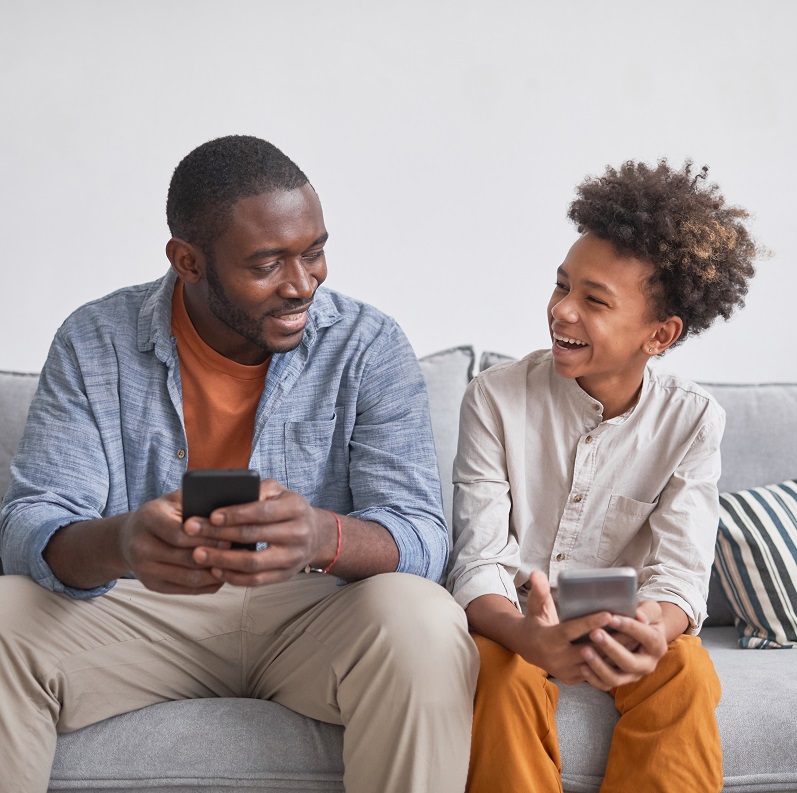
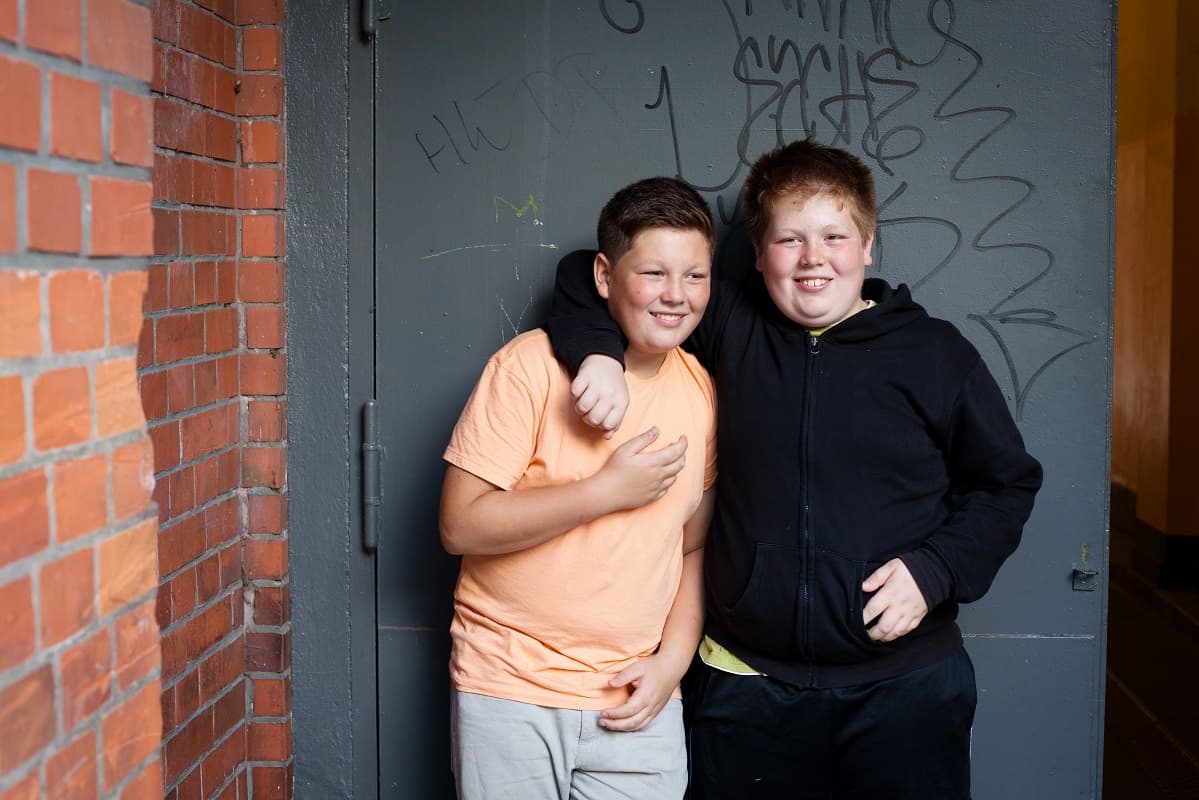


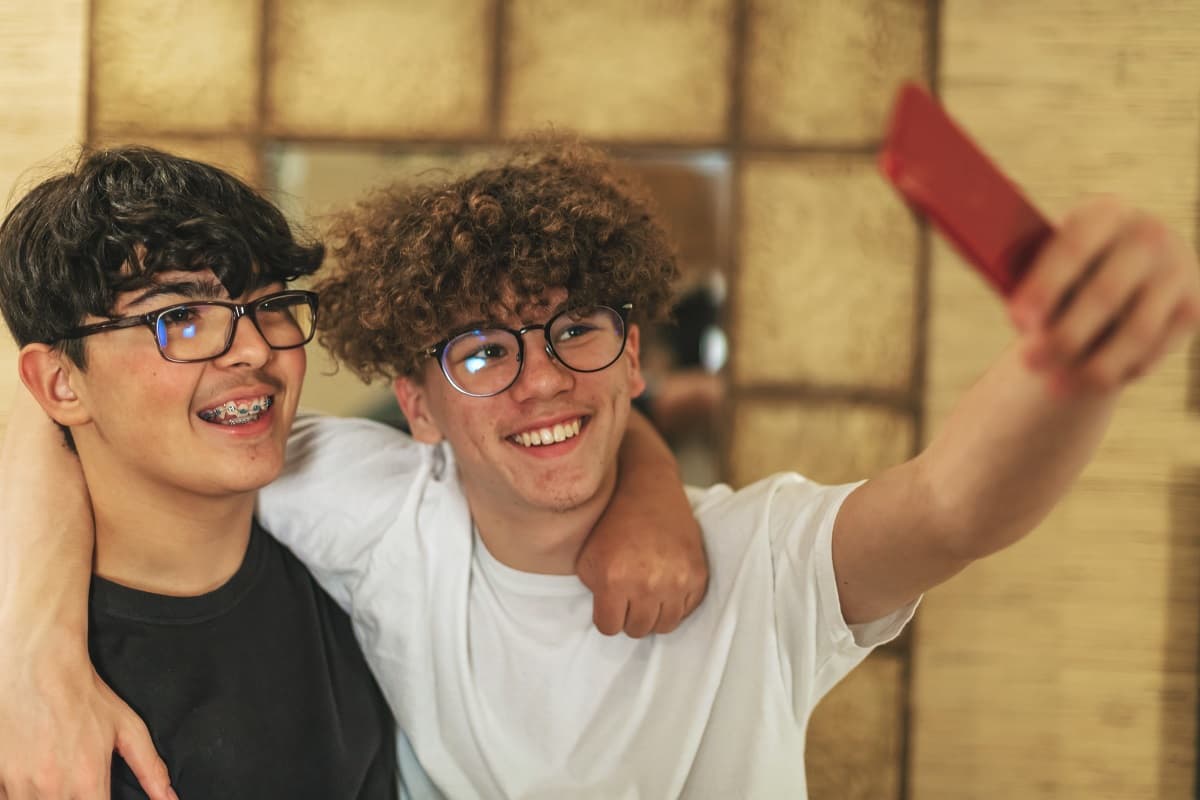
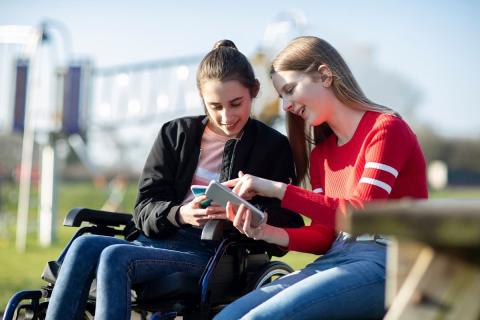
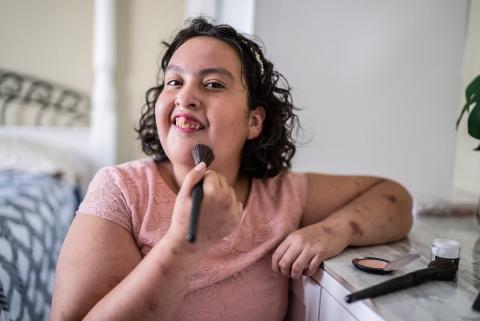
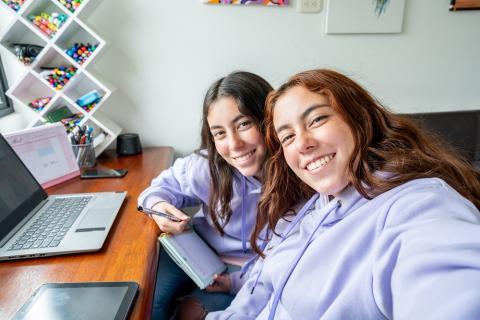
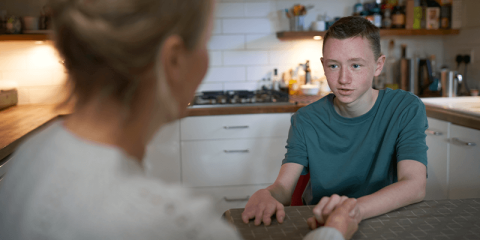
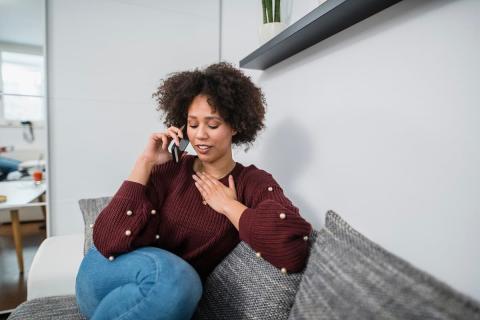
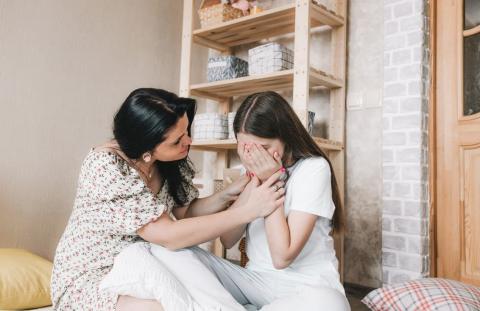
 Behaviour
Behaviour
 Sleep
Sleep